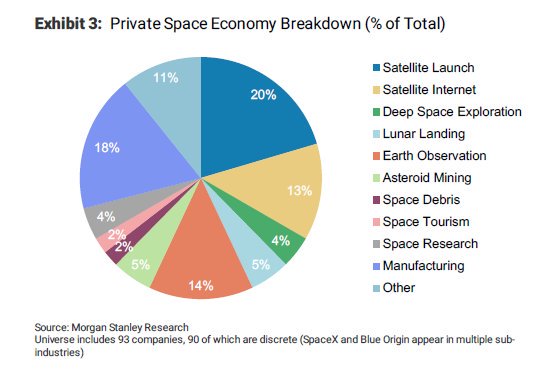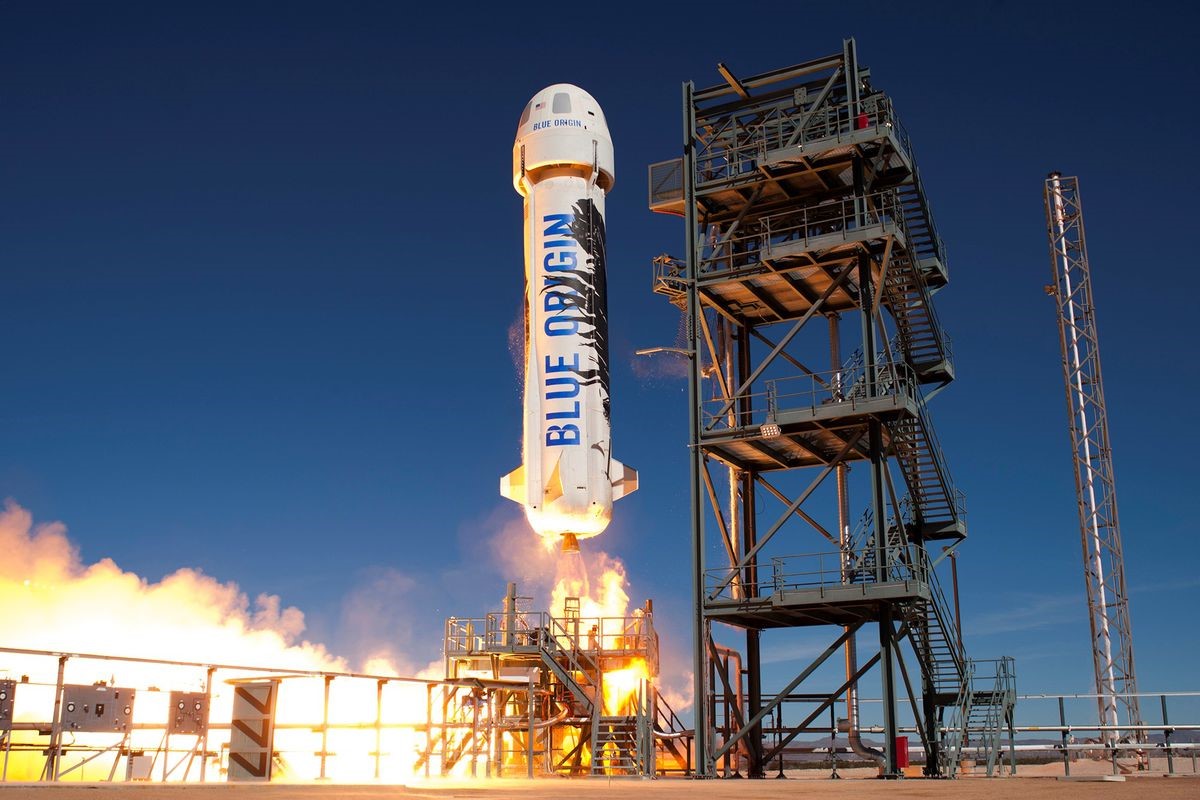Funding of space ventures has grown rapidly over the past year, with venture capital firms making significant investments. In fact, it’s hard to identify a top-tier VC that hasn’t yet made a space investment. And the opportunities are only expanding. Never has it been more straightforward for entrepreneurs to launch a new space company from the ground up. And it’s still early.
2017 will go down as the year of the commercial launch, opening this great new frontier to all who want to enter. And there is plenty of room—the sky is most definitely NOT the limit! Indeed, as entrepreneurial space companies disrupt the launch industry, they’ll also be making commercial space travel as accessible as commercial aviation. What’s more, today’s commercial rockets are actually more reliable and more cost-effective than government rockets.
Yet in spite of all this opportunity, space-related ventures remain a relatively small percentage of the overall VC portfolio. Given the astronomical opportunity space presents, this is surprising. Especially when there is so much to be done—and gained.
Addressing this investment gap, Jeff Bezos envisions the creation of a vast infrastructure to enable the next generation of people to realize a dynamic, entrepreneurial explosion into space. “I want thousands of entrepreneurs,” he says, “doing amazing things in space.” Indeed, if we’re to become a multi-planetary society, we’ve got a lot of infrastructure to build. And build it we will.
To invoke Kennedy’s famous 1962 speech about going to the moon, why do we—a small group of entrepreneurs—choose to go to the moon? We choose to go to the moon because it is good business! It’s also timely. In the case of Moon Express, for example, we’re aligning our missions to intercept forecasted technology trajectories that are perhaps 10 to 15 years out. Let me explain. One of the objectives of our lunar initiative is to establish a base and supply chain for the mining and transportation of helium-3—a nonradioactive isotope of helium that, while exceptionally rare on Earth, is in abundance on the moon. Helium-3 is the feedstock for nuclear fusion—a clean form of energy production that can supply the world’s energy needs for millennia. There’s just one catch. We don’t yet have a fusion reactor. In 15 years, though, we will. And by then, we will have built the infrastructure to mine and transport helium-3—and numerous other precious metals—from the moon to Earth.
There are many such evolving ventures underway that are creating innovative solutions for the space industry. Too see just how diverse the opportunities are, take a look at the many areas where investments are being made:
 And some of the drivers are decidedly earthbound. For example, we live in a new digital era that brings with it an insatiable demand for ever-growing volumes of data that will in turn require faster telecommunication networks—and satellites to collect and connect it all. And SpaceX, it seems, is taking the lead in the deployment of constellation satellites across tens of launches to do just that.
And some of the drivers are decidedly earthbound. For example, we live in a new digital era that brings with it an insatiable demand for ever-growing volumes of data that will in turn require faster telecommunication networks—and satellites to collect and connect it all. And SpaceX, it seems, is taking the lead in the deployment of constellation satellites across tens of launches to do just that.
It’s interesting that Jeff Bezos’ main reason for starting up Amazon was to get the money to fund space development—with a vision for preserving Earth in the process. This is why it astounds me that some pundits have criticized Bezos, as well as Elon Musk, for allocating so much of their wealth to moonshot projects like space travel instead of spending to address problems on Earth. Could they possibly be missing the point more?! Yes, space is good business, but people like Bezos, Musk—and the Moon Express team—want to go to space in order to save the Earth! As Bezos says in defense of his investment of billions in Blue Origin, “I will not spend one minute of my life on anything that I don’t think is contributing to civilization and society.” And that, friends, is the very definition of a moonshot entrepreneur.


